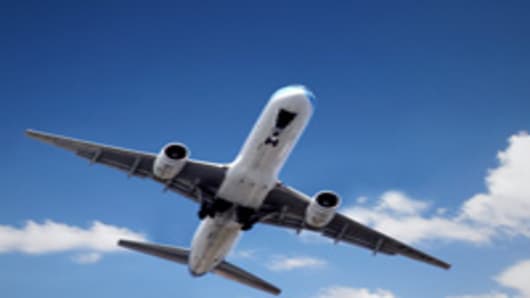If you're thinking about visiting the Olympic Games this August in China, you better start trying to book a rapidly vanishing discount airline seat and—to a lesser extent—a hotel room.
Finding a Western-standard hotel room—at various price points—should be easier, thanks to a dramatic expansion by major chains in anticipation of the 29th Olympics Games (August 8-24) and strong future demand for visitors to China.
“I can’t believe that people suddenly wake up in May and decide that they are going to go to the Olympics in August and get tickets—there is a fair amount of last minute [hotel] demand,” says Geoff Garside, Asia-Pacific executive vice president for Marriott International .
Airlines—Creative Travel
“Right now—for early August until the 24th—it is very difficult to find a low-fare ticket; you can still get a seat if you don’t mind the prices,” say Larry Ge, sales manager for flychina.com, a Chinese-owned travel agency based in Boca Raton, Florida since 1998.



